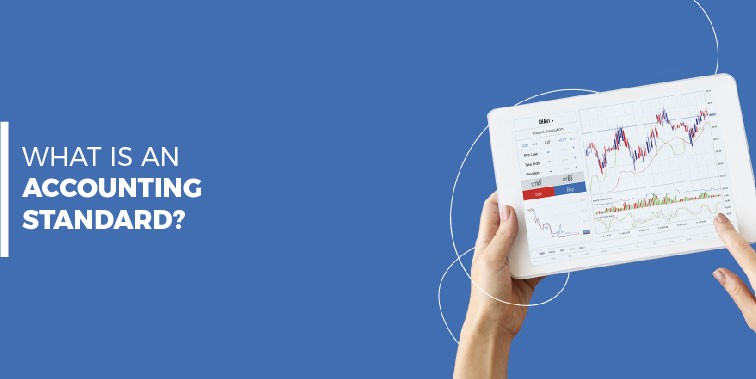What Is an Accounting Standard?
An accounting standard is a set of practices and policies used to systematize bookkeeping and other accounting functions across firms and over time.
Accounting standards apply to the full breadth of an entity’s financial picture, including assets, liabilities, revenue, expenses, and shareholders’ equity. They relate to all aspects of an entity’s finances, including assets, liabilities, revenue, expenses, and shareholders’ equity. Specific examples of accounting standards include revenue recognition, asset classification, allowable methods for depreciation, what is considered depreciable, lease classifications, and outstanding share measurement.
As we understand, accounting standards apply to all aspects of an organization’s finances.
GAAP Accounting Standards
The American Institute of Certified Public Accountants developed, managed, and enacted the first set of accounting standards. In 1973, these responsibilities were given to the newly created Financial Accounting Standards Board.
The Securities and Exchange Commission requires all listed companies to adhere to U.S. GAAP accounting standards in the preparation of their financial statements to be listed on a U.S. securities exchange.
Financial Accounting Standards Board (FASB)
An independent nonprofit organization, the Financial Accounting Standards Board (FASB) has the authority to establish and interpret generally accepted accounting principles (GAAP) in the United States for public and private companies and nonprofit organizations. GAAP refers to a set of standards for how companies, nonprofits, and governments should prepare and present their financial statements.




